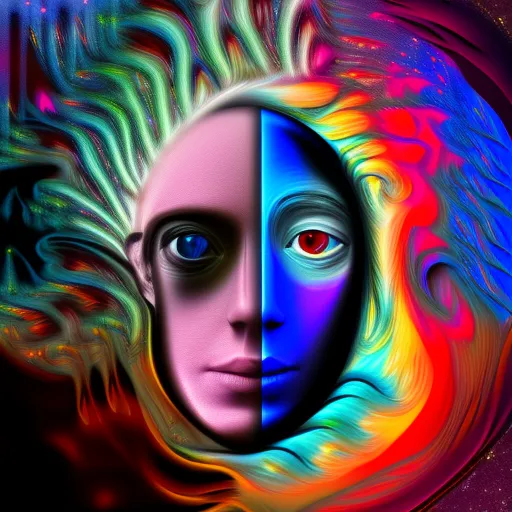10 things I learned from “The Future of the Mind” by Michio Kaku

1. The right and left hemispheres of the brain are capable of having different beliefs at the same time
He gave the example of someone being a republican and democratic at the same time
2. Humans have the ability to simulate the future: one thing that separates us from other species
3. Space time theory of consciousness
Where we are comparing the past to the simulated future
4. When children play games like “store” or “cops and robbers” they are simulating the future and a subset of adult behavior
5. The author references a lot of Hollywood movies for ideas that may be possible in the near future
I have found that many movies are maybe unintentionally prescient. A number of movies dealing with the topic of artificial intelligence seem to have some of their features happening in real life.
6. The author talks about being able to digitize and share five sense memories and thoughts and feelings
His point was that you could go to a particular time, like somebody's experience of winning a gold medal in the Olympics, and relive that experience from them. If that ever became possible it would certainly be very bizarre. It would be very easy to be addicted to this form of social media. You could jack in and experience what it's like to do a 1080 on a snowboard, overdose on fentanyl, be the victim of an assault or run a marathon. The experience of living through an intense experience that somebody else has been training for for years, might cause you to die!
7. Einstein’s brain was preserved but the story is very weird
Apparently, the doctor performing the autopsy, took it without the families permission. He kept it in a cooler in formaldehyde for years and cut it into pieces to send around for testing. When he tried to give it back to Einstein's granddaughter, she refused it. Apparently there is a documentary about this somewhere.
His brain was physically within the norms of everyone else. The author of this book also wrote a biography of Einstein (!). He supposed that "genius " has as much to do with personality and also being at the right place at the right time.
8. It is difficult to teach a computer/robot common sense, even at the level of a 4 year old.
There are many simultaneous decisions to make in simple tasks like washing dishes
9. We underestimate the difficulties in developing general computer intelligence
Robots and AI can become very good at tasks with structure but teaching a robot to navigate a city street is a huge challenge.
10. Once we teach a computer to actively plan about the future on its own it will have achieved consciousness.
This is a somewhat subtle distinction. Right now chess computers can simulate a number of potential moves ahead with strict rules. Humans can make an open ended decision like "what should I do today?" Something like ChatGPT can answer that question today but mostly by comparing what us already happened in the past. But, as a human, if I basically do the same thing every Saturday isn't ChatGPTs answer almost the same? 🧐

No comments.